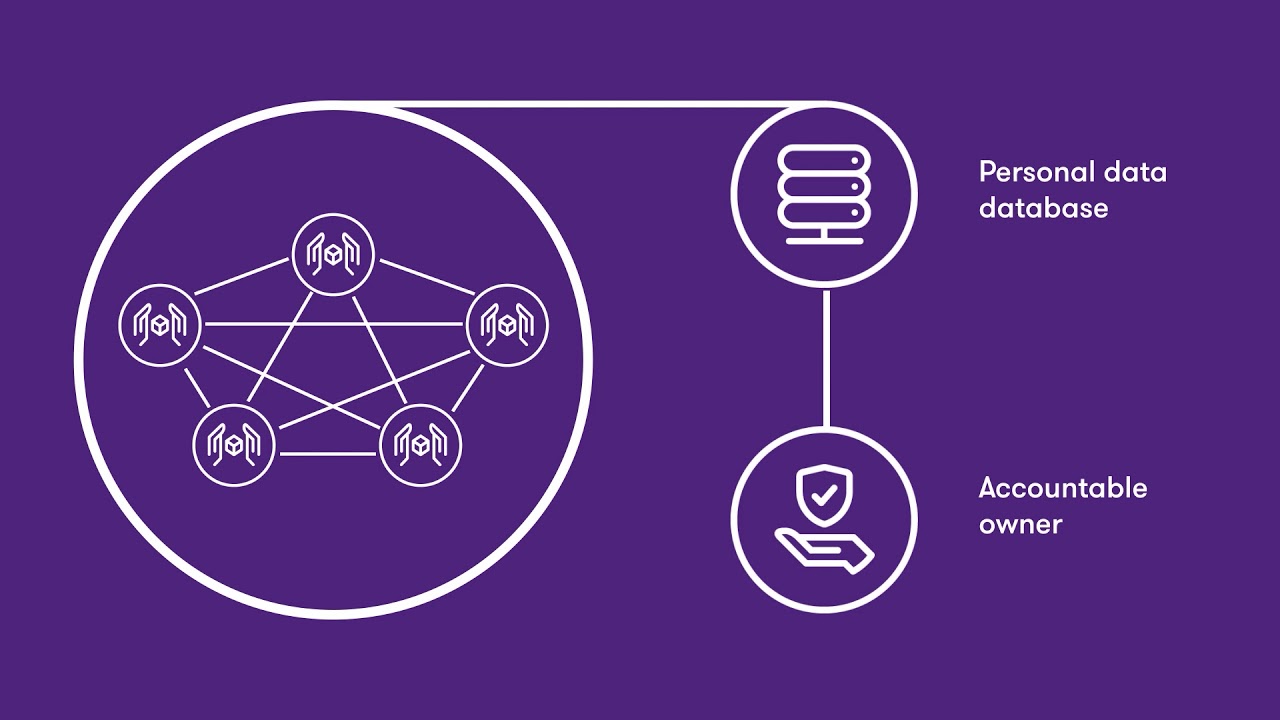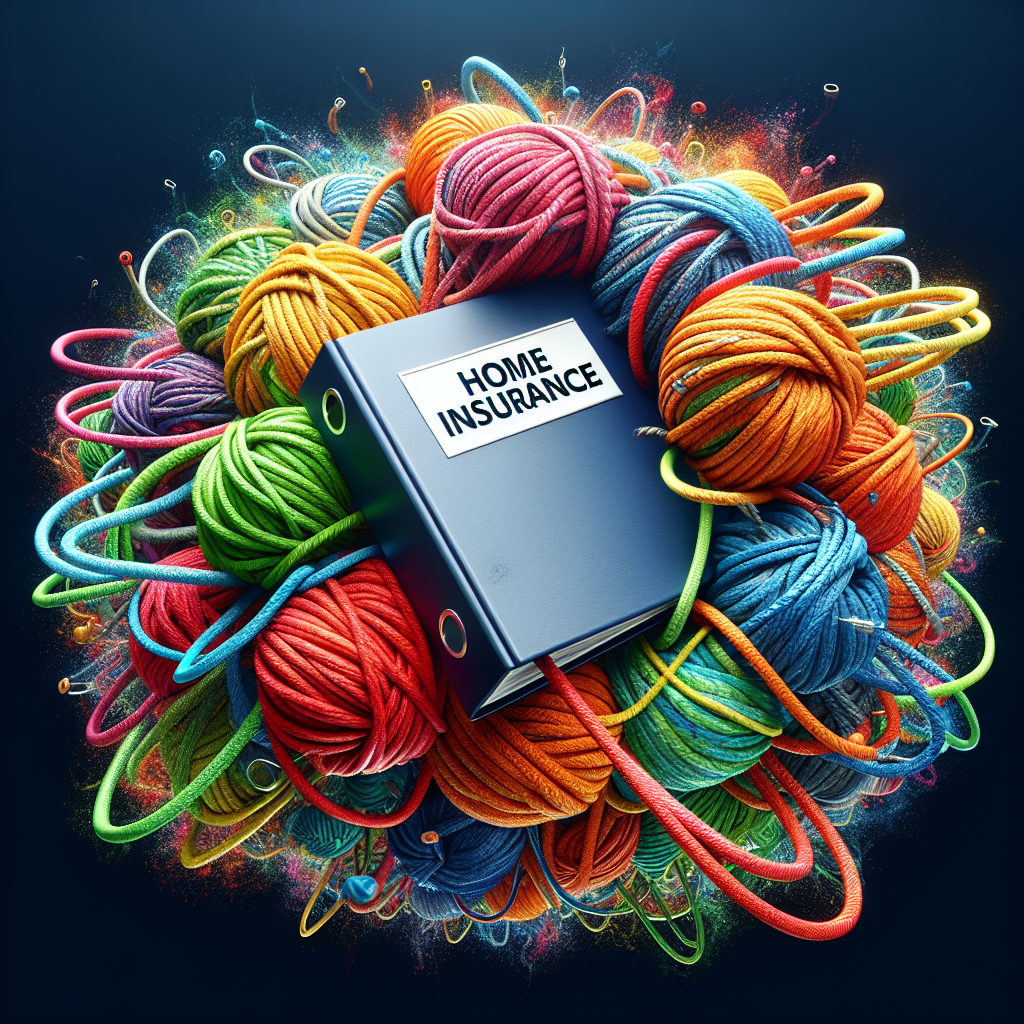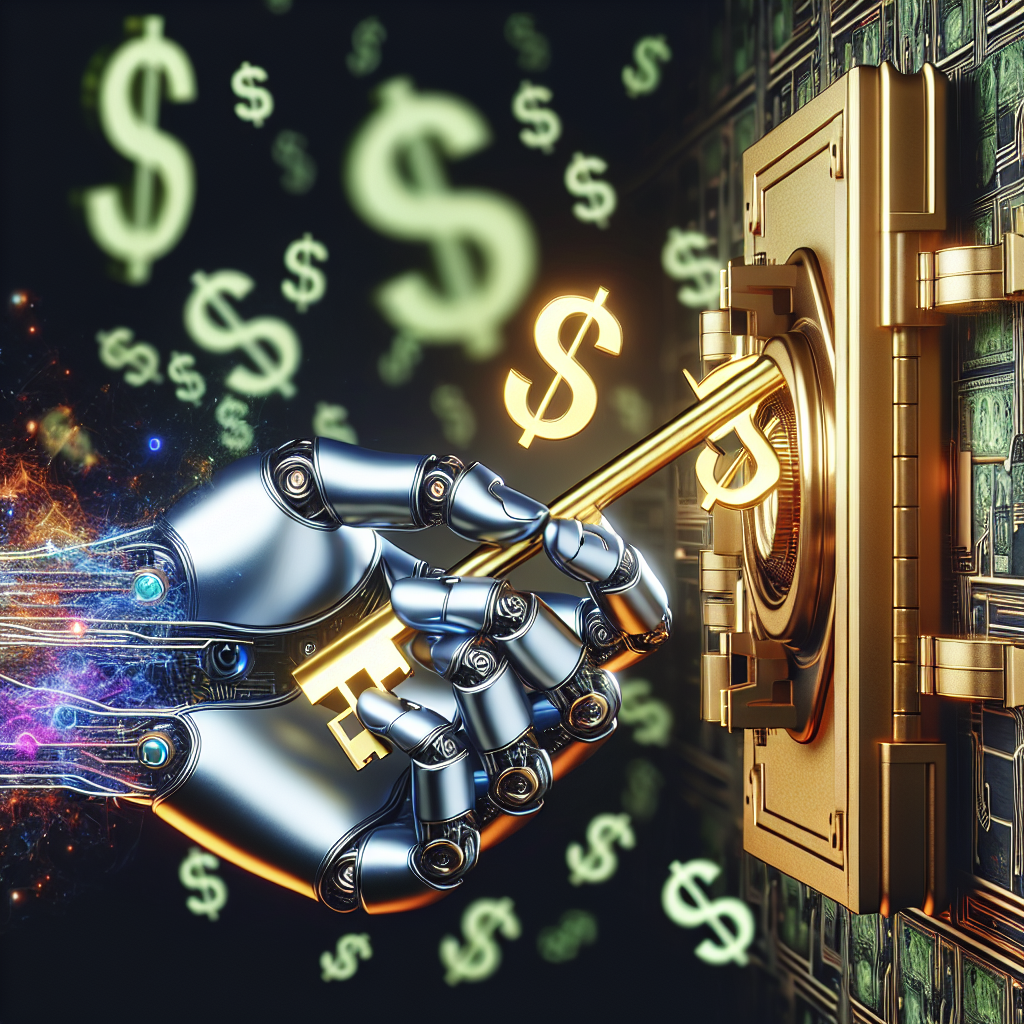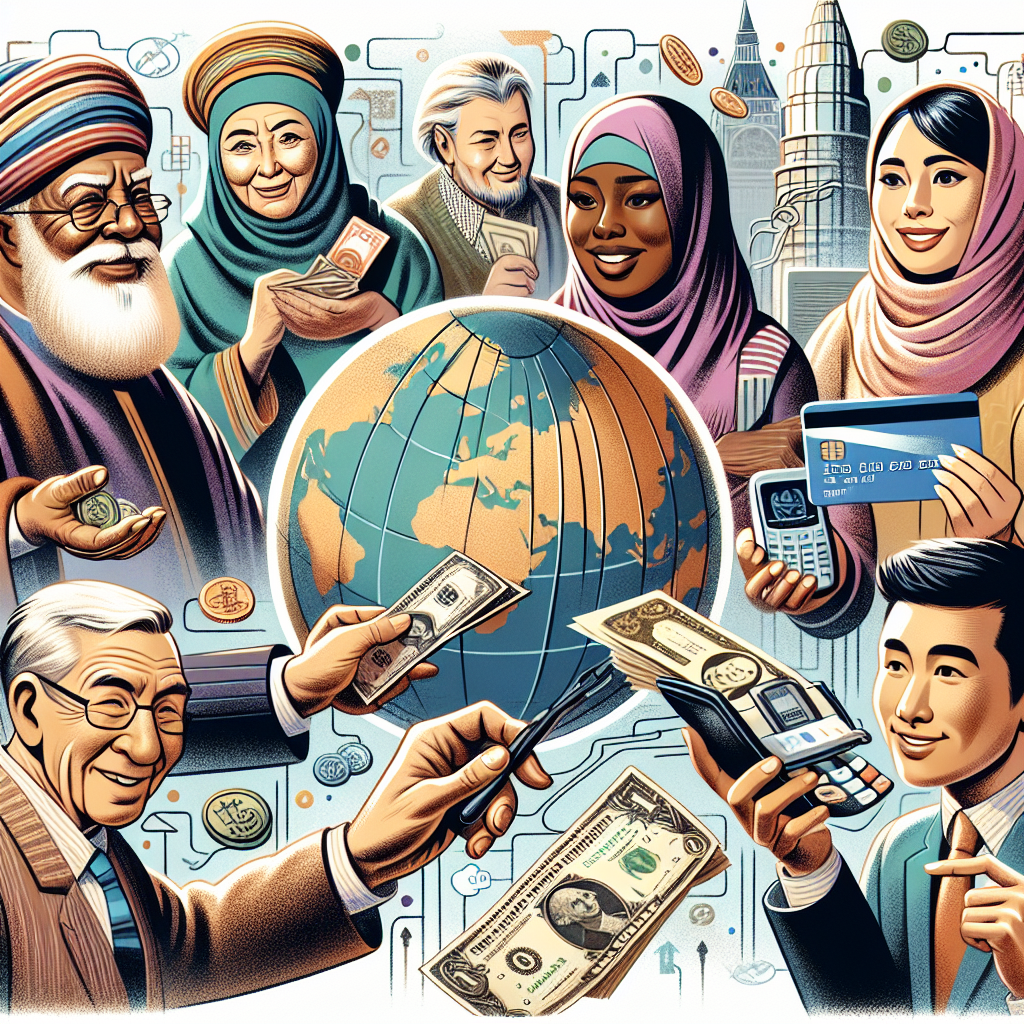In today’s digital world, privacy is more important than ever. With so much of our information being shared online, many people are worried about who can see their data. This is where blockchain comes in. Blockchain is a special kind of technology that helps keep our data safe and private. It changes how we think about our personal information and helps us control who can see it.
Blockchain is like a digital notebook that everyone can see, but no one can change. It stores information in blocks that are linked together. Each block contains a list of transactions, and once a block is added to the chain, it cannot be altered. This means your information stays secure and private. Also, because this data is stored across many computers, it’s really hard for someone to hack into it.
One main term you might hear is ‘decentralization.’ This means that instead of a single person or company controlling the data, it is shared across many users. This makes it safer. Another important word is ‘encryption.’ This is a way of scrambling information so that only certain people can read it. Blockchain uses encryption to keep your information private.
With blockchain technology, users have a better way to control their own digital privacy. They can choose what to share and with whom. So, if you want to share your favorite game score with friends, you can, but if you don’t want to share your personal information, you don’t have to. This gives people more power over their data.
In conclusion, blockchain is changing the game when it comes to digital privacy. It keeps our information safe, helps us stay in control, and makes us feel more secure in the online world. As this technology continues to grow, we may have even more ways to protect our personal data in the future.
Understanding Blockchain and Digital Privacy
Blockchain is a technology that allows information to be stored across many computers, making it difficult to change or hack. Digital privacy, on the other hand, is about keeping our personal information safe online. As we use the internet more, protecting our privacy has become increasingly important.
Blockchain and privacy: How do you protect data that’s distributed?
What is Blockchain?
Blockchain is often described as a “distributed ledger technology.” This means that instead of a single place where information is stored (like a bank), the information is spread across many different locations. Each piece of information (or “block”) is linked to the previous one, forming a “chain.” Here are some key features of blockchain:
- Decentralization: No single person or organization controls all the data.
- Transparency: Transactions can be viewed by everyone on the network.
- Security: High level of encryption makes it tough to alter information.
Challenges of Digital Privacy
In today’s digital age, maintaining privacy has become a challenge. Personal data can be bought and sold, often without our knowledge. Moreover, data breaches occur frequently, leading to personal information falling into the wrong hands. Here are some concerns related to digital privacy:
- Identity Theft: When someone uses your personal information without your permission.
- Data Surveillance: Companies or governments tracking your online behavior.
- Lack of Control: Users often don’t know how their data is being used.
How Blockchain Enhances Digital Privacy
Blockchain offers various solutions to the problems of digital privacy:
- Data Ownership: Blockchain empowers users to control their own data. Instead of handing over information to a company, users can choose what to share and when.
- Anonymity: Blockchain can protect users’ identities. For instance, transactions can be done without revealing personal details.
- Immutable Records: Once a transaction is recorded on the blockchain, it cannot be changed. This creates trust because users know that their data won’t be tampered with.
Real-World Applications of Blockchain for Privacy
Many companies are experimenting with blockchain technology to increase privacy. For instance:
- Cryptocurrencies: Bitcoin and other cryptocurrencies use blockchain to allow anonymous financial transactions.
- Secure Messaging: Apps are being developed that use blockchain to encrypt messages, ensuring only the sender and receiver can read them.
- Identity Verification: Some services are using blockchain to create a secure digital ID that can be verified without sharing more personal information than necessary.
Insights from Experts
The potential of blockchain for digital privacy has caught the attention of experts worldwide. For example, one expert stated:
“Blockchain allows for a new era of privacy where individuals can control their own data.”
Another prominent figure in the tech industry said:
“The transparency of blockchain gives users confidence that their personal information is safe and secure.”
The Future of Blockchain and Digital Privacy
As technology continues to evolve, the integration of blockchain into digital privacy will likely grow. More people and businesses are realizing the importance of protecting personal data, and blockchain can play a significant role in this.
Final Thoughts
Blockchain has the potential to transform how we think about digital privacy. By giving users more control and security over their data, this technology could lead to a safer online experience for everyone. The journey towards complete digital privacy might be long, but with tools like blockchain, we are certainly heading in the right direction.
Q: How does blockchain enhance digital privacy?
A: Blockchain enhances digital privacy by providing a decentralized and immutable ledger, ensuring that data is secure and cannot be altered without consensus from the network. This reduces the risk of unauthorized access and data breaches.
Q: What is the role of encryption in blockchain for privacy?
A: Encryption is fundamental in blockchain technology. It safeguards transaction data and user identities, allowing participants to engage in transactions without revealing sensitive information. Only authorized parties can decrypt and access this data.
Q: Can blockchain provide anonymity?
A: Yes, blockchain can provide a level of anonymity through the use of pseudonymous addresses. Users can transact using these addresses without disclosing their real identities, though the transactions themselves are visible on the public ledger.
Q: What are the potential risks to privacy when using blockchain?
A: While blockchain can improve privacy, there are risks. If users link their real identities to their blockchain addresses or if data is poorly managed, privacy can be compromised. Additionally, public blockchains might expose transaction patterns that could be analyzed.
Q: How does blockchain impact data ownership?
A: Blockchain shifts data ownership from centralized entities to individuals. Users gain more control over their personal data, deciding what information to share and with whom, fundamentally changing the dynamics of digital privacy.
Q: Are there specific blockchain solutions focused on privacy?
A: Yes, there are several blockchain platforms specifically designed for privacy. Projects like Monero and Zcash use advanced cryptographic techniques to enhance user anonymity and secure transaction data beyond traditional blockchain capabilities.
Q: How can businesses benefit from blockchain’s privacy features?
A: Businesses can leverage blockchain’s privacy features to build trust with customers, minimize risks associated with data breaches, and comply with data protection regulations. This can enhance customer loyalty and improve the overall reputation of the business.
Q: Will blockchain privacy solutions evolve in the future?
A: Yes, as technology progresses and privacy concerns grow, blockchain solutions are likely to evolve. New methods of encryption and privacy protocols will continue to emerge, providing even better ways to secure digital identities and sensitive information.



